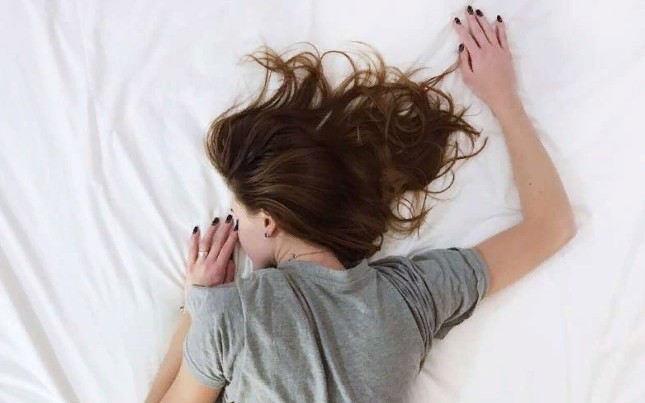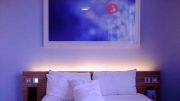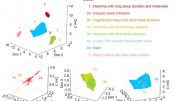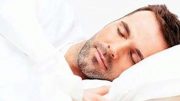According to a study published in The Nurse Practitioner, most patients with sleep problems use maladaptive coping techniques like sleeping pills, caffeine, and daytime naps, which may potentially lead to poor sleep quality. Wolters Kluwer publishes the journal as part of the Lippincott portfolio.
“Patients will utilize caffeine, nicotine, and naps to counteract daytime somnolence and not realize that they will actually worsen and prolong the insomnia,” says Rhonda Winegar, Ph.D., DNP, lead author of the exploratory study.
“Small changes to daily routines can help a lot more than prescription hypnotics, which have adverse effects and can lead to addiction.” Her article in The Nurse Practitioner’s March edition corresponds with the National Sleep Foundation’s Sleep Awareness Week 2022, which runs from March 13 to 19.
Sleep disorders are caused by unintended outcomes of coping mechanisms.
Between 2017 and 2019, 137 people were visited at a sleep clinic for issues such as obstructive sleep apnea or insomnia. “I observed many of my patients have concerns with insomnia based on their behaviors after working in a sleep practice for several years,” Dr. Winegar adds.
She investigated rates of various types of maladaptive coping techniques based on patient questionnaires and how they influenced the findings of sleep laboratory testing (polysomnography), which gives professionals extensive information on sleep architecture.
Most of the patients had used one or more unproductive measures to manage their sleep problems, which was consistent with previous insomnia studies:
Caffeine. Caffeine was used by about two-thirds of the patients. Caffeine, while commonly taken as an energy boost by those who are tired throughout the day, can cause nocturnal sleep issues.
Sleeping pills. Prescription sleep drugs were taken by nearly half of the patients (47%) and over-the-counter (OTC) sleep aids were utilized by another 19%. Moreover, 40% of patients said they used herbal medications to treat their sleep difficulties, implying that they were “self-medicating.”
Napping. More than a quarter of patients said they napped every day, which might make it difficult to sleep at night.
These maladaptive coping techniques have a number of negative effects on sleep quality. Patients who did not utilize sleep aids entered the important rapid eye movement (REM) phase of sleep 131 minutes faster than those who took prescription sleep drugs.
Patients who took prescription sleep drugs had fewer REM cycles than those who took over-the-counter sleep aids or did not take any at all.
Shorter sleep latency (time to fall asleep) and improved sleep efficiency were found to be some of the positive effects of sleep drugs administered by a health expert.
Patients who took over-the-counter sleep aids slept for 349 minutes on average, compared to 332 minutes for those who took prescription sleep drugs and 292 minutes for those who did not.
Patients who did not use sleep aids experienced more frequent overnight arousals, which could indicate less restful, fragmented sleep.
Except for individuals who used more than two servings of caffeine each day, patients who consumed caffeine had longer times to REM sleep. When compared to those who did not take naps, those who did exhibit less daytime tiredness but longer sleep latency durations.
Insomnia is a highly widespread problem with significant economic and social costs, as well as negative health consequences. Patients usually seek therapy from a primary care provider, such as a family physician or nurse practitioner, for sleep issues.
“Learning about good sleep hygiene and making some minor changes to their routines, such as going to bed at the same time every night, turning off the television and lights when in bed,” says Dr. Winegar, can help patients sleep better without the need of sleep aids.
She encourages patients with insomnia or other sleep disorders to “prioritize sleep” by developing new behaviors. Dr. Winegar adds, “Always plan for eight hours of sleep every night.” “Do not take a nap. On all days, use the same sleep hygiene practice and sleep schedule.”
The Nationwide Sleep Foundation’s national public education program, Sleep Awareness Week, promotes sleep health and urges people to prioritize sleep in order to improve their health and well-being.
Learning about the benefits of adequate sleep and how sleep influences health, well-being, and safety assists the objective of becoming aware of and avoiding the unintended consequences of maladaptive coping techniques.





